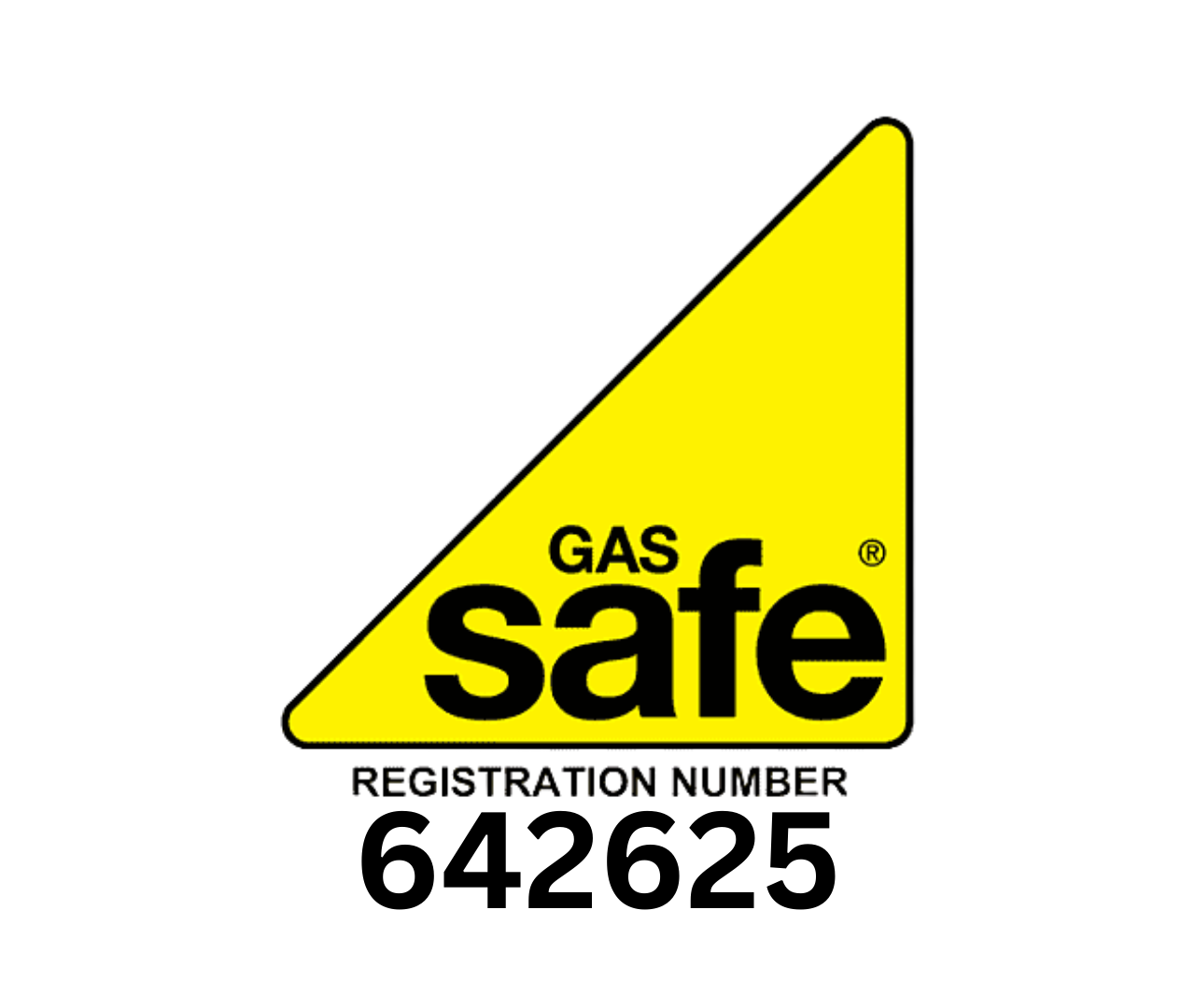Top 5 Boiler Maintenance Tips
Boilers are at the heart of home heating systems, providing warmth and comfort, especially during the colder months. However, like any essential household appliance, they require proper care and routine upkeep to function efficiently. Ignoring boiler maintenance tips can lead to reduced performance, higher energy bills, and even costly breakdowns. Regular maintenance not only extends the life of your boiler but also ensures it runs at peak efficiency, saving energy and reducing heating expenses.

When a boiler operates inefficiently, it consumes more fuel than necessary, leading to increased carbon emissions and unnecessary energy wastage. This can significantly impact both household budgets and the environment. By following essential boiler maintenance tips, homeowners can optimize their heating systems, minimize wear and tear, and prevent sudden malfunctions during peak usage periods.
One of the most common reasons for boiler inefficiency is neglecting routine checks. Over time, air can get trapped in radiators, pipes may accumulate sludge, and pressure levels may drop or spike unpredictably. These small yet significant issues can lower heating performance and force the boiler to work harder than necessary. Fortunately, implementing boiler maintenance tips can address these problems before they escalate into major concerns.
Another key aspect of proper boiler care is safety. A poorly maintained boiler can become a potential hazard, posing risks such as gas leaks or carbon monoxide exposure. Regular servicing and adherence to fundamental boiler maintenance tips help ensure the system remains safe for household use. Homeowners who invest time in maintaining their boilers not only protect their equipment but also contribute to a more energy-efficient and sustainable living environment.
In this guide, we’ll explore the top five boiler maintenance tips that every homeowner should follow to improve efficiency, extend the lifespan of their heating system, and save energy. Whether you’re preparing for winter or simply looking to enhance your boiler’s performance, these proactive steps will help you maintain an effective and cost-efficient heating system.
1. Schedule Regular Boiler Servicing
Regular servicing is essential for maintaining a boiler’s efficiency, safety, and longevity. A well-maintained boiler operates at optimal performance, reducing energy consumption and lowering heating costs. Without routine checks, minor issues can escalate into costly repairs or even complete system failures.
Why Annual Servicing is Crucial
Boilers accumulate wear and tear over time. Components such as heat exchangers, burners, and valves can degrade, affecting performance. Annual servicing ensures these parts function correctly, preventing unexpected breakdowns. A professional inspection identifies leaks, blockages, or pressure imbalances that could compromise efficiency. By scheduling regular maintenance, homeowners can extend the lifespan of their heating system while keeping energy bills in check.
Beyond efficiency, safety is a primary concern. Faulty boilers pose risks such as gas leaks or carbon monoxide exposure, both of which can be hazardous. Regular servicing detects these issues early, ensuring the system operates safely. Ignoring boiler maintenance can lead to costly emergency repairs, especially during peak winter months when heating demand is high.
Choosing a Certified Boiler Engineer
Selecting the right professional for servicing is crucial. Homeowners should look for Gas Safe or OFTEC-registered engineers to ensure compliance with safety regulations. Checking reviews and certifications helps verify the reliability of the technician. A thorough inspection includes testing gas pressure, examining flue emissions, cleaning internal components, and ensuring optimal water pressure.
Booking a service before winter arrives helps avoid last-minute issues when heating is essential. Regular servicing is a proactive measure that enhances efficiency, safety, and longevity. Integrating boiler maintenance tips into a routine schedule prevents small issues from escalating, ensuring uninterrupted heating performance throughout the year.
2. Bleed Radiators for Efficient Heat Distribution
Trapped air inside radiators can significantly impact a home’s heating efficiency. When air gets into the system, it prevents hot water from circulating properly, causing cold spots and reducing overall warmth. Bleeding radiators is a simple yet essential step in following effective boiler maintenance tips, ensuring consistent heat distribution and minimizing energy wastage.
Signs That Your Radiators Need Bleeding
A radiator that isn’t heating up evenly is a clear indication of trapped air. If the bottom of the radiator feels warm while the top remains cold, it suggests air pockets are blocking hot water flow. Another sign is unusual gurgling or bubbling noises coming from the radiators, which means air is disrupting normal circulation. Additionally, if the heating system takes longer than usual to warm up, it might be struggling due to trapped air. Addressing these issues promptly prevents unnecessary strain on the boiler and improves energy efficiency.
How to Bleed a Radiator
Bleeding radiators is a straightforward process that requires a radiator key and a cloth to catch any water drips. First, the heating system should be turned off to prevent hot water from spraying out. The key is inserted into the radiator’s bleed valve and turned slowly to release trapped air. A hissing sound indicates that air is escaping, and once water starts to trickle out steadily, the valve should be closed. After bleeding the radiators, it’s essential to check the boiler’s pressure gauge and top up the system if necessary to maintain optimal performance.
Regularly bleeding radiators ensures that the heating system runs efficiently, reducing strain on the boiler. Incorporating this practice into routine boiler maintenance tips helps homeowners maximize energy savings and maintain a warm, comfortable home during colder months.
3. Check and Adjust Boiler Pressure
Boiler pressure plays a crucial role in ensuring that the heating system functions efficiently. When pressure levels are not within the recommended range, the boiler may struggle to heat your home properly or, in some cases, fail to operate altogether. Keeping an eye on pressure readings and making necessary adjustments can prevent long-term damage and improve overall energy efficiency.
Understanding Boiler Pressure Readings
The ideal pressure for most boilers falls between 1.0 and 1.5 bar when the system is cold. If the pressure drops below this range, the boiler may fail to circulate hot water efficiently, leading to lukewarm radiators and increased energy consumption. A system running at low pressure can also put unnecessary strain on internal components, causing premature wear.
On the other hand, excessively high pressure—typically above 2.5 bar—can trigger safety mechanisms that shut down the boiler to prevent damage. Prolonged high pressure may also cause leaks, reducing the system’s efficiency and increasing the likelihood of costly repairs. Checking the pressure gauge regularly helps homeowners ensure their system remains within the recommended range, preventing disruptions in heating performance.
How to Adjust Boiler Pressure
If the pressure is too low, the issue can often be resolved by using the filling loop—a flexible hose that connects to the boiler. To increase the pressure, homeowners should:
- Turn off the boiler and allow it to cool.
- Locate the filling loop and open the valves slowly.
- Monitor the pressure gauge and stop once it reaches the ideal range.
- Close the valves securely to prevent further pressure buildup.
If the pressure is too high, bleeding a radiator can help release excess pressure. This involves using a radiator key to slowly open the valve, allowing trapped water to escape. If the issue persists, checking for faulty pressure relief valves or consulting a professional is recommended.
Regular monitoring of boiler pressure ensures optimal performance, reduces unnecessary strain on the system, and contributes to energy savings. Keeping the pressure within the correct range helps maintain efficient heating while preventing costly breakdowns in the long run.
4. Keep the Boiler and Pipes Clean
Boilers accumulate dust, debris, and internal sludge over time, leading to inefficiency and potential malfunctions. Regular cleaning, both externally and internally, is crucial to maintaining a well-functioning heating system. A clean boiler operates more efficiently, consumes less energy, and has a longer lifespan. Ignoring routine cleaning can result in clogged pipes, overheating, and even unexpected breakdowns, leading to costly repairs.
Keeping the exterior of the boiler clean is a simple but effective step in maintaining efficiency. Dust and dirt can accumulate around vents and airways, obstructing airflow and causing the system to work harder than necessary. Wiping down the exterior and ensuring there are no obstructions around the boiler can help maintain proper ventilation. Additionally, keeping the surrounding area clutter-free reduces the risk of overheating and enhances safety.One of the most significant threats to boiler efficiency is sludge buildup within the system. Over time, impurities in the water, such as rust and debris, accumulate inside radiators and pipes. This buildup restricts water flow, forcing the boiler to work harder to circulate heat.
A power flush is an effective solution to remove sludge and restore optimal water circulation. This process involves forcing water and cleaning chemicals through the system at high pressure to clear out accumulated debris.
To prevent future sludge buildup, adding a chemical inhibitor to the system is a proactive approach. These inhibitors help break down deposits and keep the water flowing smoothly. Regularly checking the system for signs of sludge, such as cold spots on radiators or unusual noises, can help homeowners address the issue before it affects performance.
Cleaning the boiler and its components is a simple yet essential maintenance step that improves efficiency, reduces energy consumption, and extends the lifespan of the heating system. Making this part of a regular maintenance routine ensures a warm and energy-efficient home.
5. Inspect and Insulate Boiler Pipes
Boiler pipes play a crucial role in maintaining an efficient heating system, but they are often overlooked during routine maintenance. Without proper insulation, heat escapes from the pipes, forcing the boiler to work harder to maintain the desired temperature. This increases energy consumption and leads to higher heating bills. Insulating pipes helps retain heat, ensuring that hot water reaches radiators and taps more efficiently while reducing unnecessary strain on the system. In colder months, uninsulated pipes are more susceptible to freezing, which can cause blockages, leaks, or even pipe bursts. Proper insulation is an effective way to prevent these issues and maintain a reliable heating system.
Identifying which pipes need insulation is the first step. Focus on those exposed to unheated areas such as lofts, garages, and basements. Foam pipe lagging is the most commonly used insulation material, providing an affordable and easy-to-install solution. It helps maintain water temperature as it travels through the system, reducing energy waste. Before applying insulation, check for any signs of leaks, rust, or damage. Insulating over faulty pipes can trap moisture and worsen existing issues. If there are visible cracks or corrosion, repairs should be done before insulation is applied.
Regular pipe inspections ensure long-term efficiency. Over time, mineral deposits and sludge can accumulate inside pipes, restricting water flow and reducing the overall performance of the heating system. Periodically flushing the system helps remove debris and improves circulation. Keeping an eye on boiler pressure is also important, as inconsistent pressure levels may indicate blockages or leaks. A well-maintained piping system supports better heat distribution, reduces energy consumption, and extends the lifespan of the boiler. Taking proactive steps to inspect and insulate pipes is a small yet effective measure that enhances heating efficiency while lowering energy costs.
Conclusion
A well-maintained boiler is essential for keeping a home warm, reducing energy costs, and ensuring a reliable heating system throughout the year. Regular servicing and proactive care prevent unexpected breakdowns, improve efficiency, and extend the lifespan of the unit. Neglecting essential boiler maintenance tips can lead to higher fuel consumption, increased energy bills, and costly repairs that could have been avoided with simple routine checks.
One of the biggest advantages of proper boiler maintenance is energy efficiency. A boiler operating at peak performance requires less fuel to heat a home, which translates to significant cost savings over time. Reduced energy consumption also lowers carbon emissions, making it an environmentally responsible choice. Homeowners who follow basic boiler maintenance tips contribute to a more sustainable future while benefiting from a more affordable and efficient heating system.
Beyond cost savings, regular maintenance plays a crucial role in safety. Boilers that are not properly maintained can develop issues like gas leaks or carbon monoxide buildup, both of which pose serious health risks. Ensuring that pressure levels are balanced, pipes are insulated, and radiators are bled helps prevent these hazards while maintaining optimal heating performance. Simple steps such as cleaning external components and checking for unusual noises or leaks can make a significant difference in a boiler’s reliability.
Homeowners who take the time to follow essential boiler maintenance tips will enjoy a heating system that operates smoothly with fewer disruptions. Scheduling professional inspections and adopting a proactive approach to care ensures that boilers remain in excellent condition for years to come. Investing in routine upkeep today means fewer unexpected expenses, greater efficiency, and peace of mind knowing that the heating system is ready to perform whenever needed.
Our offices
Head office
West midlands
Excellence Recognised
At the heart of our mission is a commitment to excellence, which is why we’re proud to showcase the range of accreditations we’ve earned through our dedication, expertise, and hard work. These accolades are a testament to our team’s relentless pursuit of quality and our unwavering commitment to high standards.





















